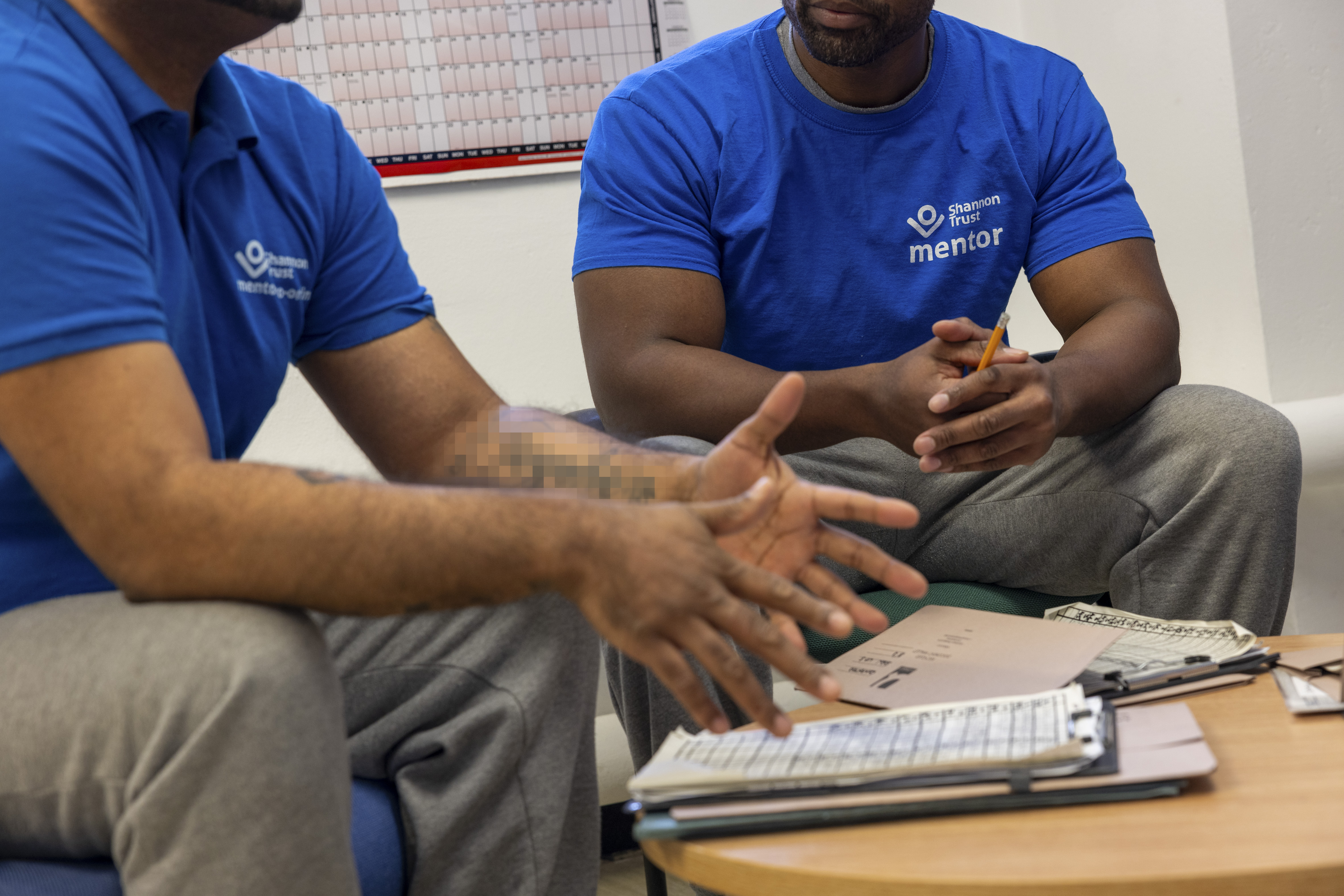

It’s been three months since I joined Shannon Trust, and I’ve spent much of that time listening, learning, and trying to understand the landscape we work in. The criminal justice sector is complex, but it’s also full of people who care deeply about making a difference; and I’ve felt genuinely welcomed by colleagues across prisons, partners, and government.
One of the things that’s struck me most is the tenacity of our staff and volunteers. Despite real challenges, including budget cuts and operational pressures, they remain focused on what matters: helping people develop skills in literacy and numeracy, no matter their starting point. That focus on outcomes is what drives Shannon Trust, and it’s what makes our work so powerful. Shannon Trust’s model is built on peer support: people in prison, and in the community, helping each other learn. It’s simple, cost-effective, and it works. We see the impact every day, in self-confidence, communication, and engagement.
We’re often asked whether there’s academic evidence for peer-led learning in prisons. The answer is yes, though more is needed. A recent Ministry of Justice study found that peer mentoring schemes in education, skills and work (ESW) settings can improve soft skills, staff-prisoner relationships, and learner engagement. While the evidence on reducing reoffending is limited, the intermediate outcomes are promising, and they align closely with what we see in practice. But we know more research is needed, and we’re committed to working with others to strengthen the evidence base and share what we learn.
We’re operating in a shifting policy environment. The Sentencing Bill 2025 is a major reform that aims to reduce reoffending and ease pressure on the prison estate by expanding community-based sentences. While the Bill has some promising elements, it also raises questions about how rehabilitation will be resourced, especially as more people are diverted from custody.
At the same time, budget cuts to the Prison Education Dynamic Purchasing System(PEDPS) are having a real impact. I’m told that budgets are set for a tight squeeze, and it means prisons are having to make tough decisions about what education services they can commission. In that context, Shannon Trust’s low-cost, high-impact model is more important than ever.
Encouragingly, literacy is a stated priority for HM Prison and Probation Service (HMPPS). There’s a National Reading Framework, expert panels advising on teaching methods, and pilot projects running across prisons. That’s a step in the right direction, and we’ll continue to work with HMPPS to make sure peer-led literacy support is part of the picture.
We’re also watching developments around Commissioned Rehabilitative Services (CRS). These services, covering housing, employment, wellbeing and more, are being redesigned to offer a more holistic, person-centred approach. It’s a big opportunity, and we’re keen to see literacy and learning embedded in those pathways.
As I look ahead, I’m excited about what we can build, and I’m also grateful. To the colleagues who’ve shared their time, knowledge and networks: thank you. Your generosity has helped me find my feet, and it’s reminded me that this sector is full of people who want to see change.